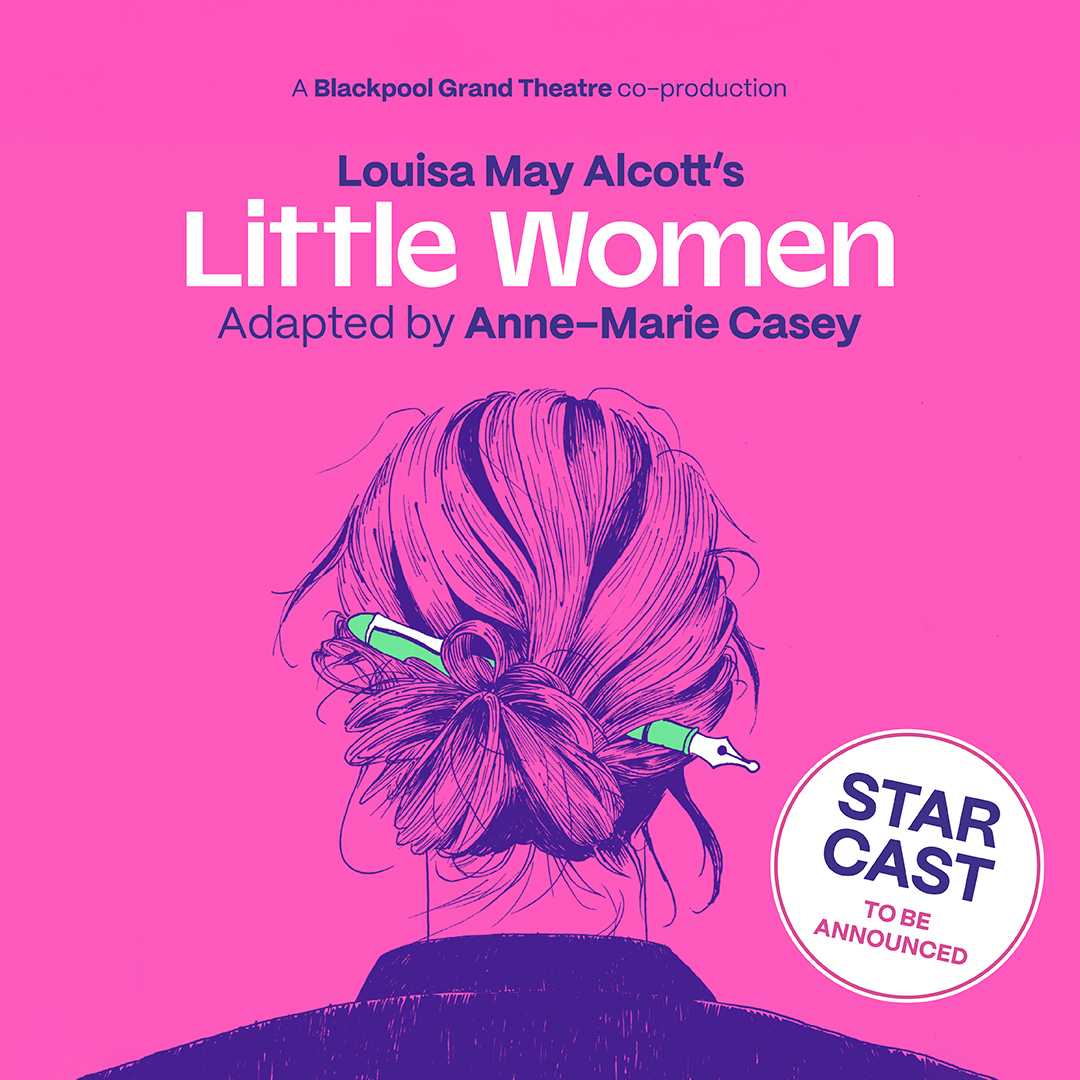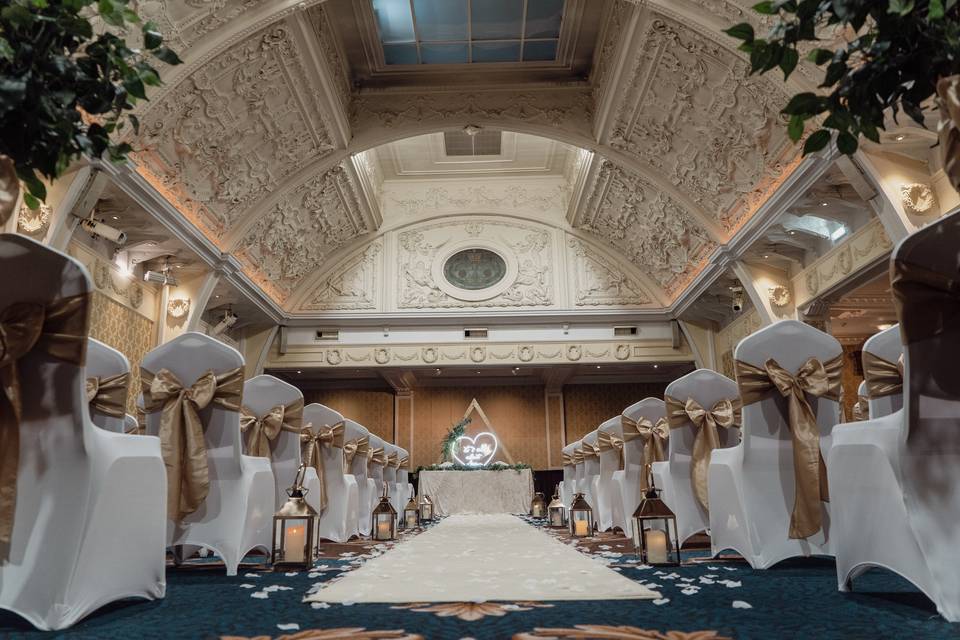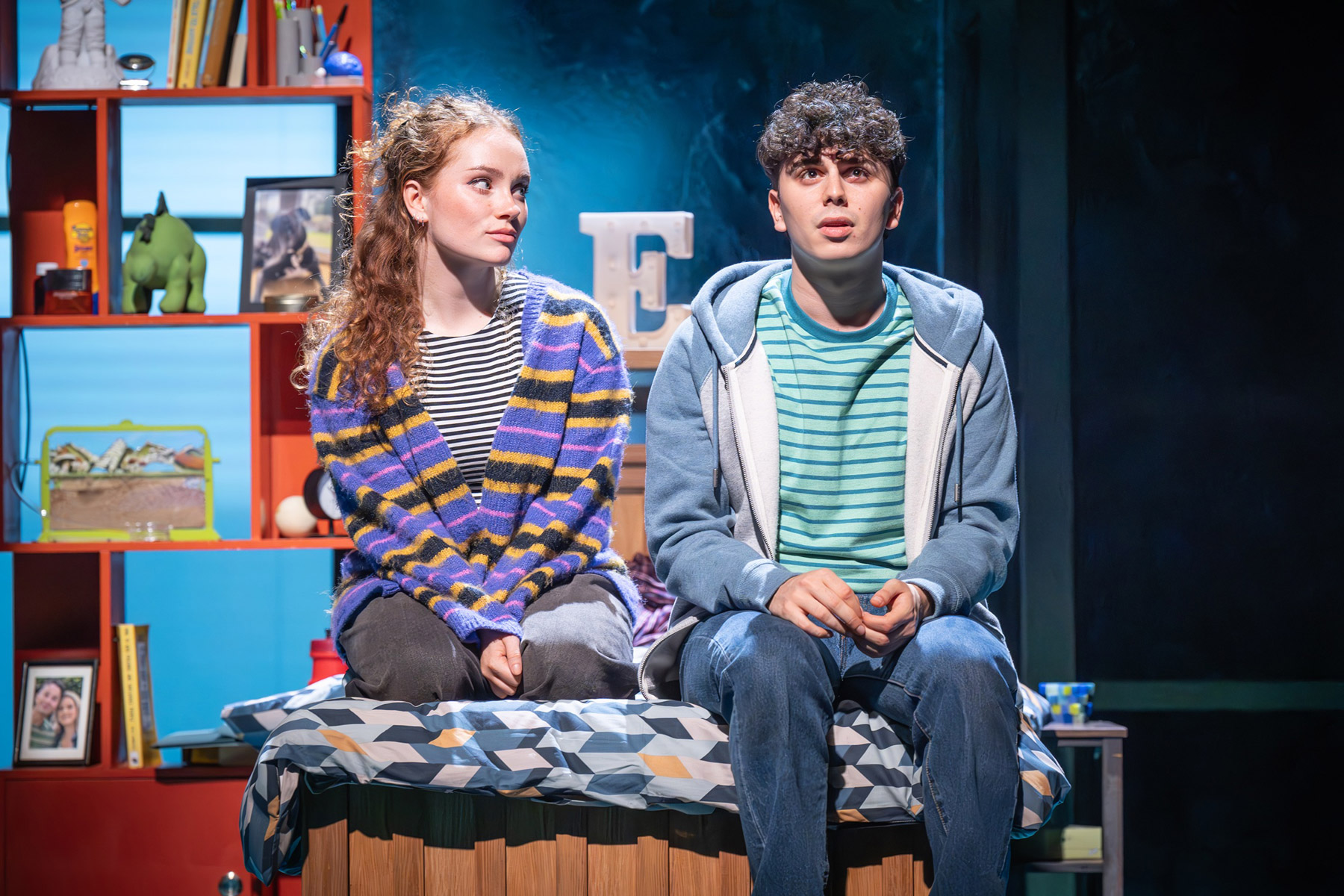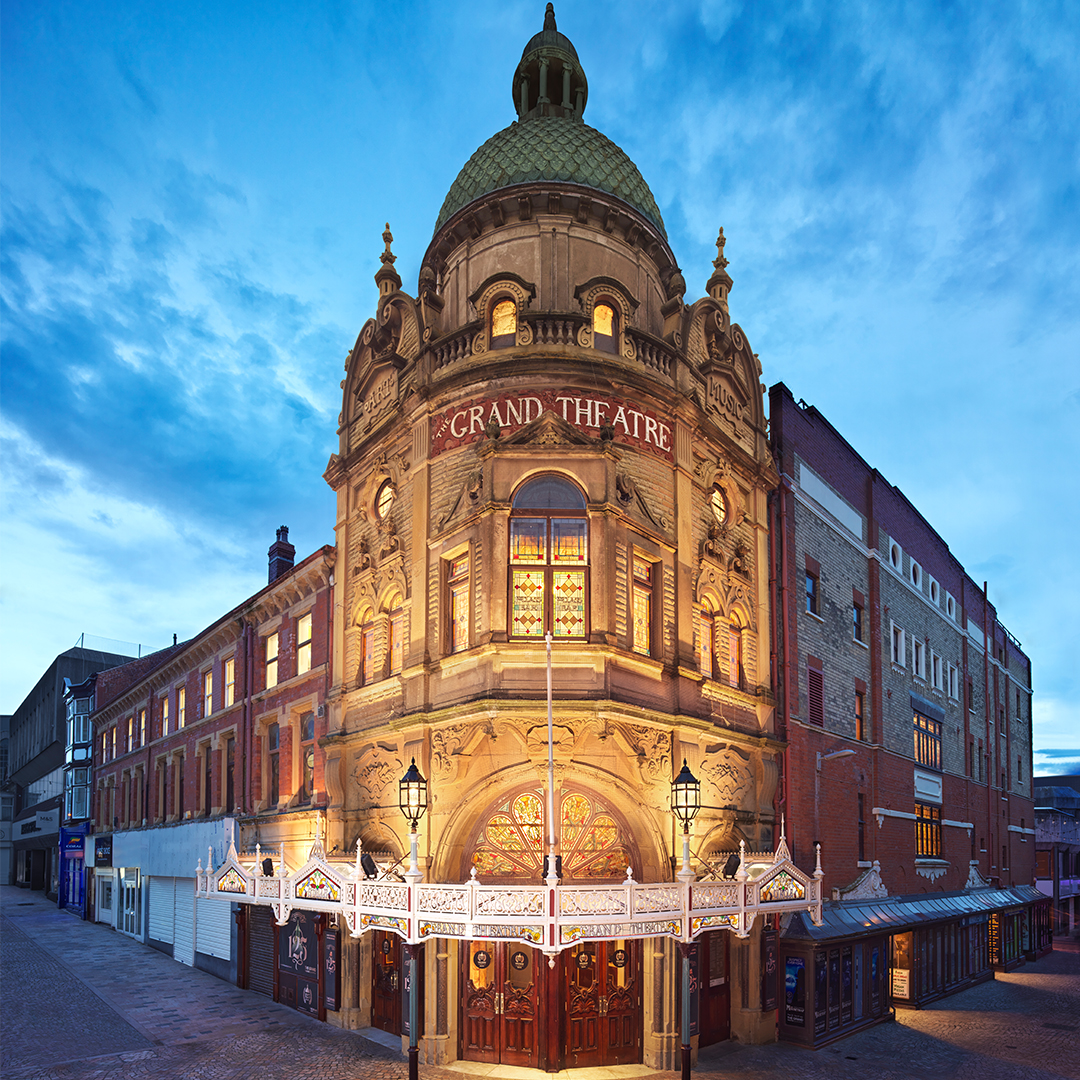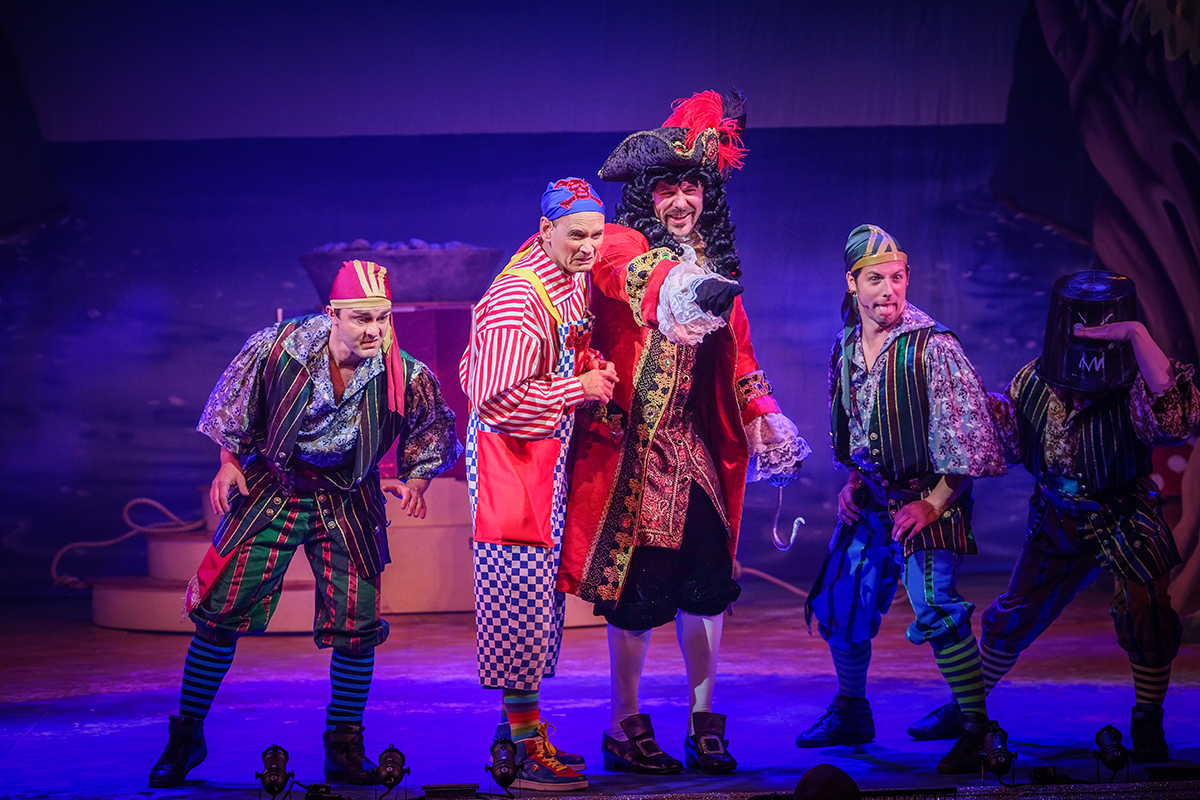
Why Pantomime Is Important
4 min read
Share
If you haven’t grown up in the UK, you may not be familiar with the particular art of Pantomimes and why Pantomime is important in British tradition. More commonly referred to as ‘Panto’, this theatrical form is passionately devoted to its audience. The sole purpose of Pantos is to make you laugh, dance and sing your heart out. And they deliver.
Pantomimes are indeed deeply rooted into British culture, appearing for the first time in the 17th century. Today, Pantos are put on stage at Christmas time and they are often based around fables and fairy-tales. They include cross-dressings, comedy moments and great physicality. Here, we look at why pantomime is important and how it has shaped British culture.
Why Pantomime is important
Its history
It might be surprising to know that Pantomime is not a British invention. Indeed, its first appearance dates all the way back to ancient Rome. Pantomimes were then a production starring only one male dancer. The word ‘pantomime’ comes from the Greek ‘pantomimos’, which meant a dancer who acted all the roles in the story.
Because of its solo-based performance, the Roman pantomime is not often considered the real deal. Instead, many recognise its origin in the Italian ‘Commedia dell’Arte’, from the 16th century. It was a form of street theatre, including acrobats and music. One of the most famous characters was Pulcinella, with a ‘big, beak nose, hunchback and the wart on his forehead’. Pulcinella is still a traditional figure of Italian theatre.
The Italian ‘Commedia’ arrived in British theatres in the late 1600s. This new form of theatre took the name of ‘Harlequinades’, before becoming the pantomime we all know and love. The connection between pantos and Christmas started in the Victorian era, when the former was performed during the holiday fares.
Its long and interesting history is one of the reasons why pantomime is important in theatre studies. Even today, its success is undeniable, and many make the pantomime a Christmas tradition.
Cultural identity and Christmas tradition
Although it originated in Italy, Pantomime is a strong part of British identity. During the Victorian era, theatre changed from performing without speech, to allowing spoken words. This was the start of Pantomime in England. The art of miming, indeed, started to include witty puns and word play. Together with its physicality, typical of mime performances, this new theatre set the way for Pantomimes.
Pantomimes then began to include fairy-tale characters and magical beings. The strangeness and comedic side of the Pantos attracted more and more people, including children. It became a custom for the shows to open on Boxing Day, and families soon made watching Pantomimes a holiday tradition. A tradition that has endured until this very day.
Drag Queens and Drag Kings
Going back to theatre’s early days, cross-dressing has always been a big part of performances. As women were not originally allowed to play on stage, men played both the male and female part of the story. People were acquainted with seeing men wearing dresses and long hair.
As time changed, and women were able to join theatre companies, cross-dressing didn’t stop. Pantomimes are one example of a theatre form that involved gender-swapping in its performances. Men and women alike were wearing each other’s clothes. The creation of a safe space for gender fluid identities is another reason why pantomime is important.
Drag has remained today a form of entertainment, with live shows and TV programs (just think at Ru Paul’s Drag Race). But if the Drag Queen was a figure the public had been accustomed to see since the beginning of theatre, Drag Kings appeared for the first time in the 18th century. Women dressed in men clothing were and still are a typical occurrence in Pantomimes.
Pantomimes have given a space for both Drag Queens and Drag Kings to perform, and to do it in front of a joyful audience.
(Main image (C) Blackpool Grand Theatre – Peter Pan Pantomime UK Productions Ltd.)


